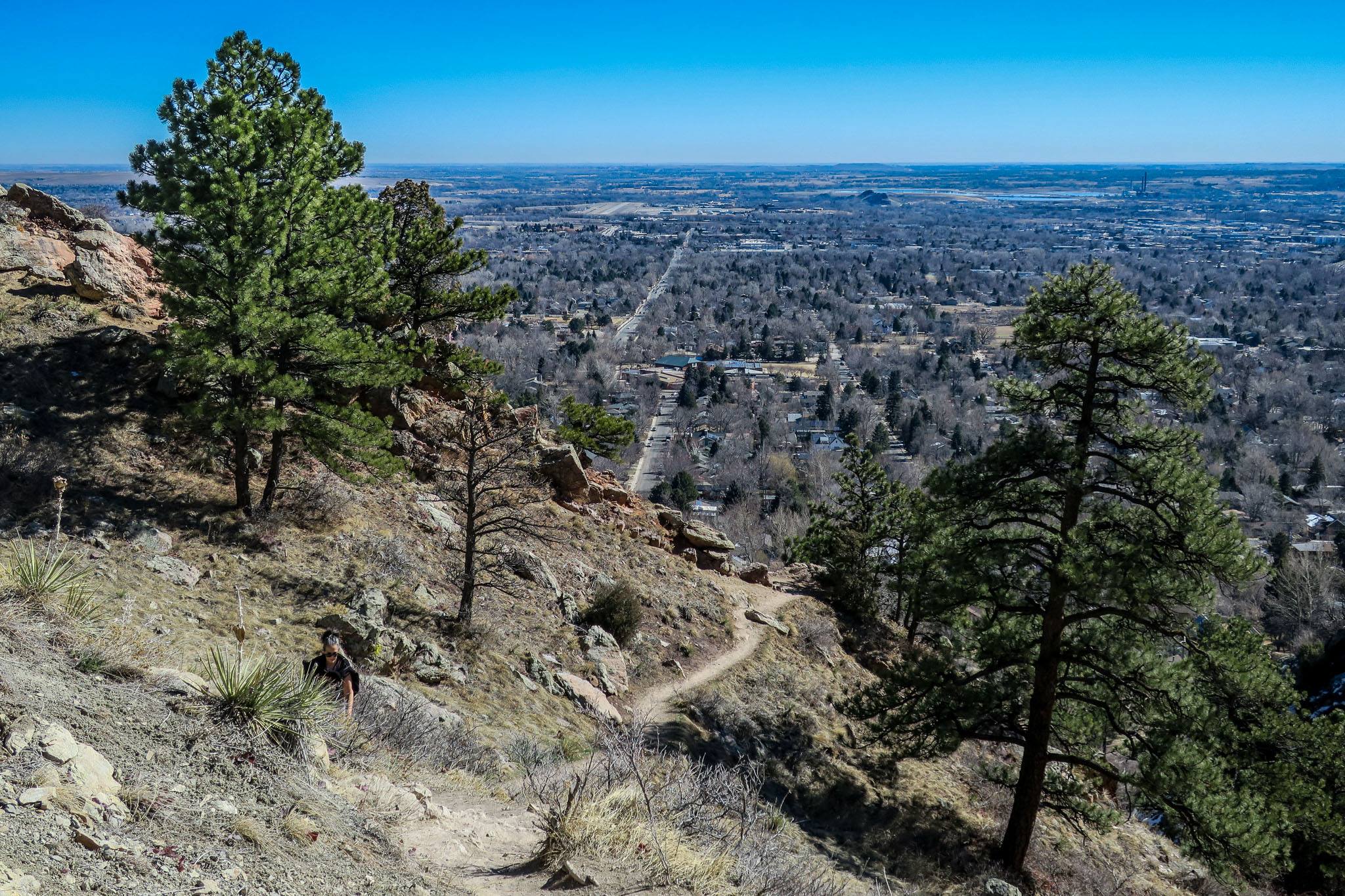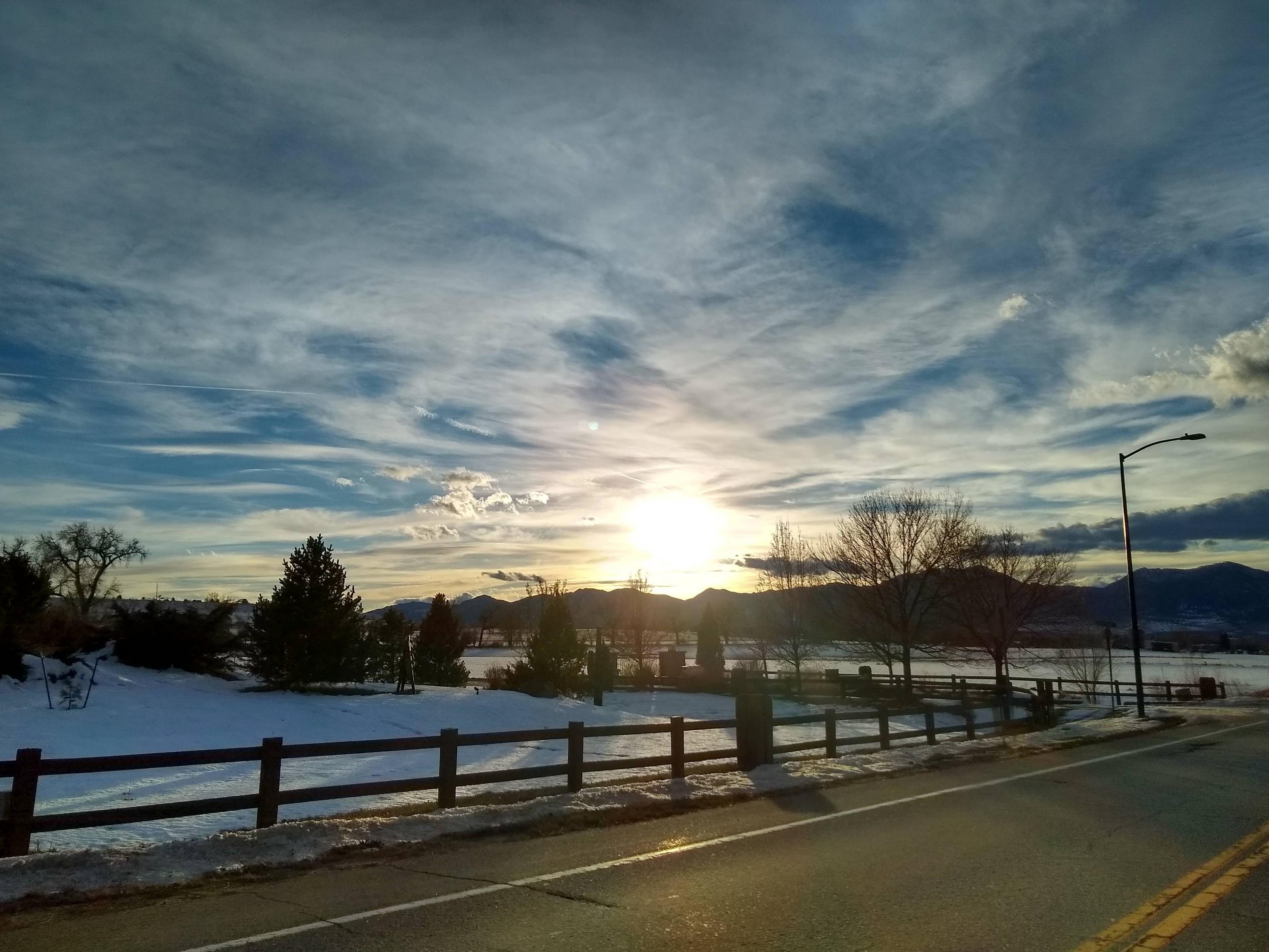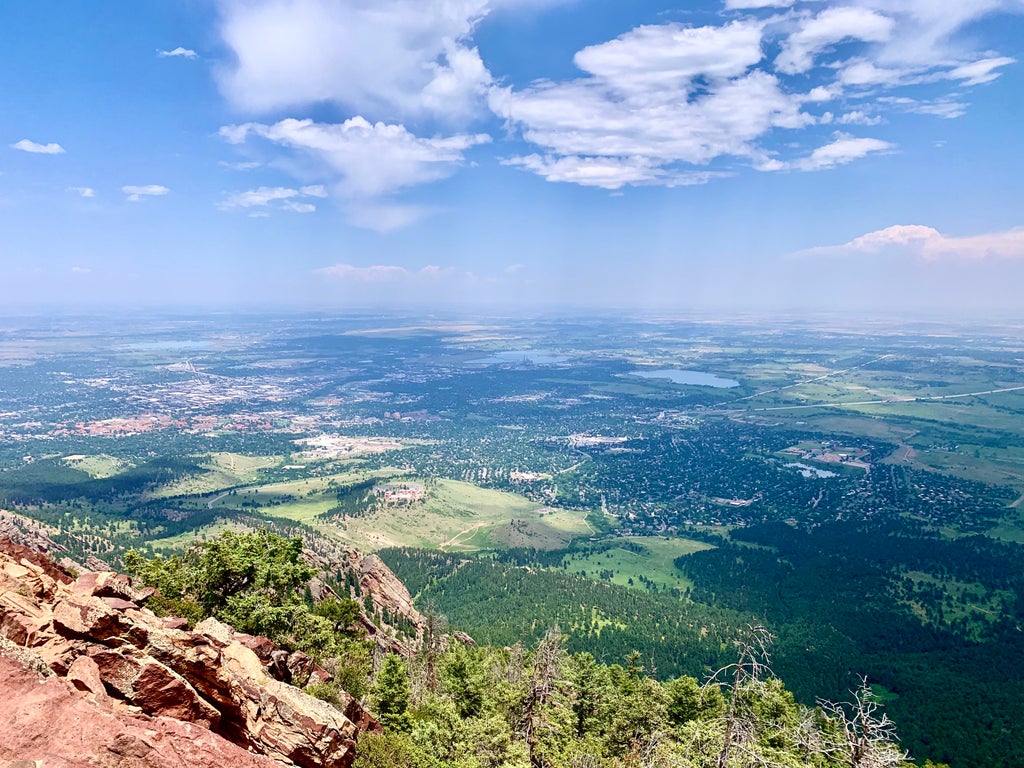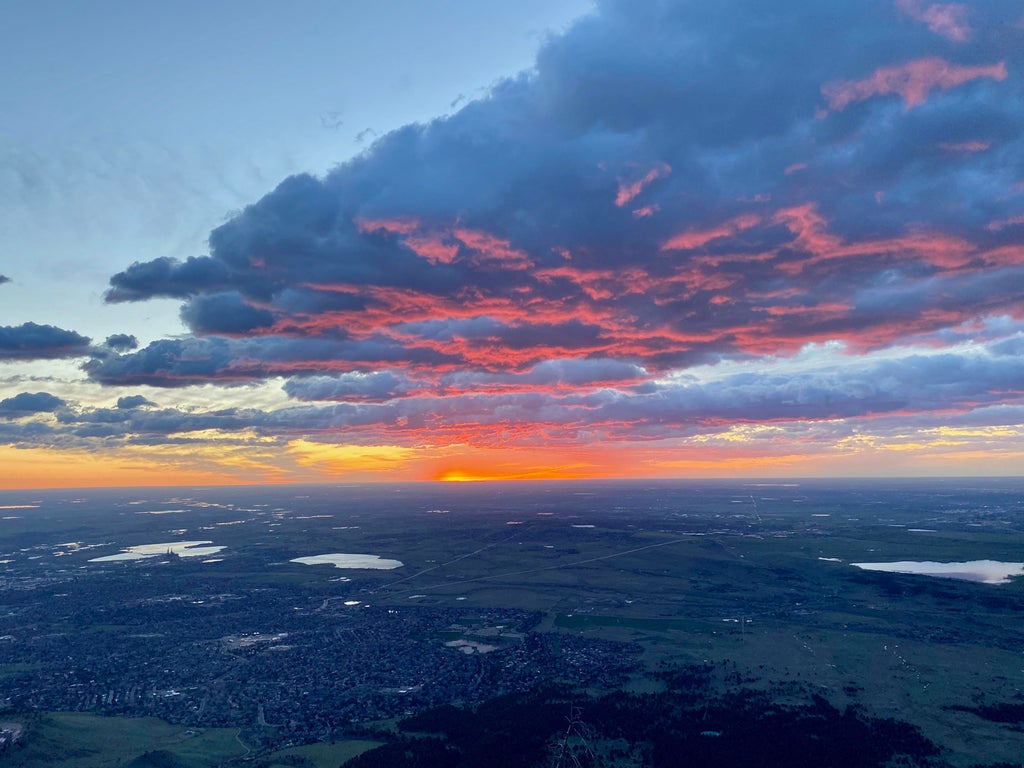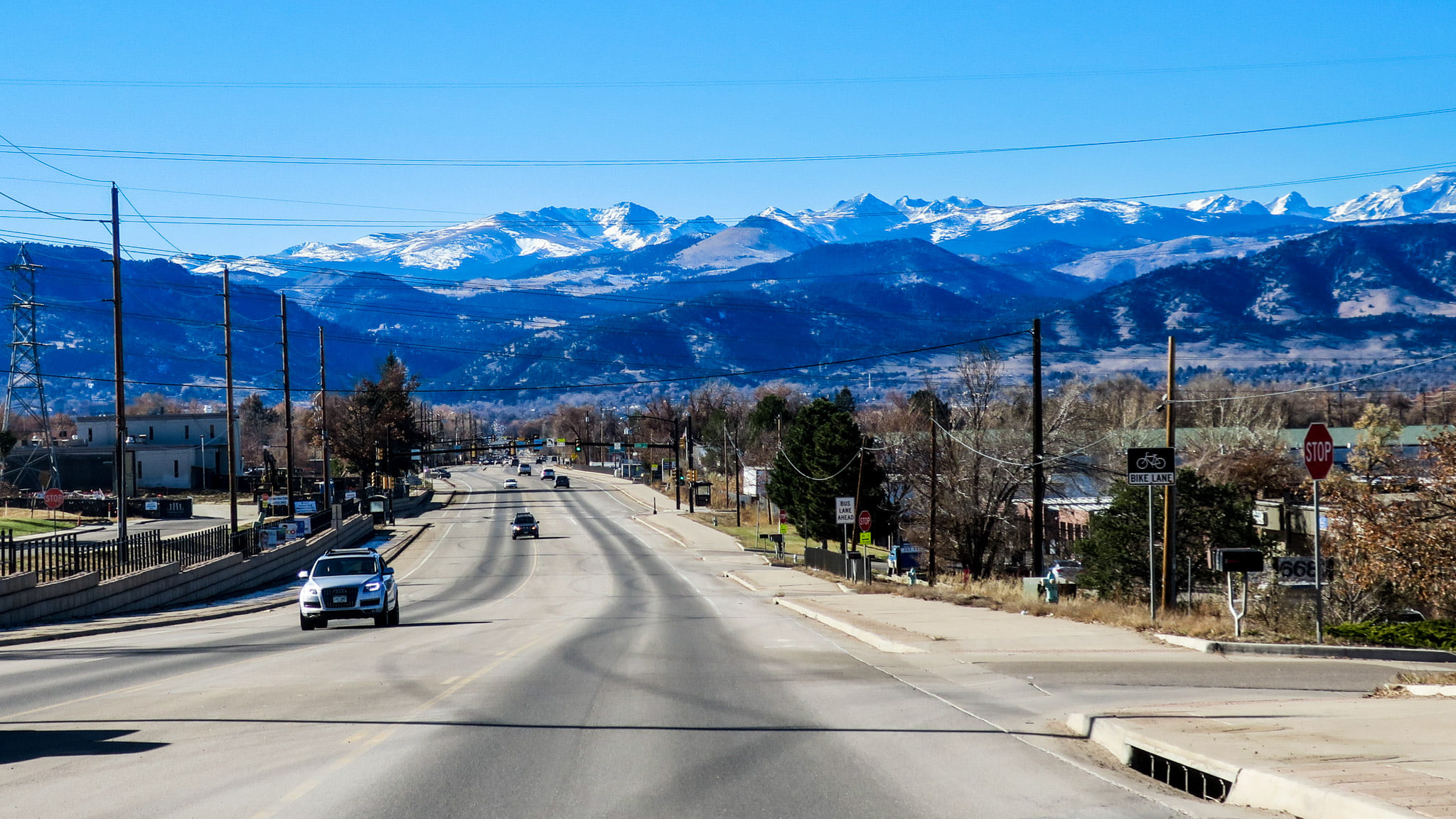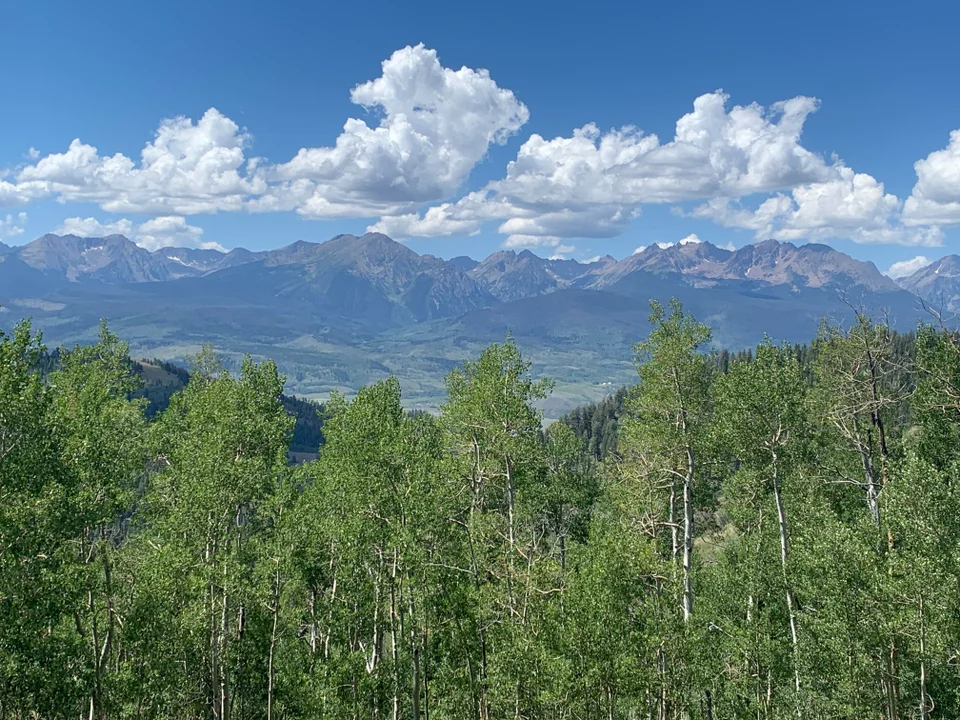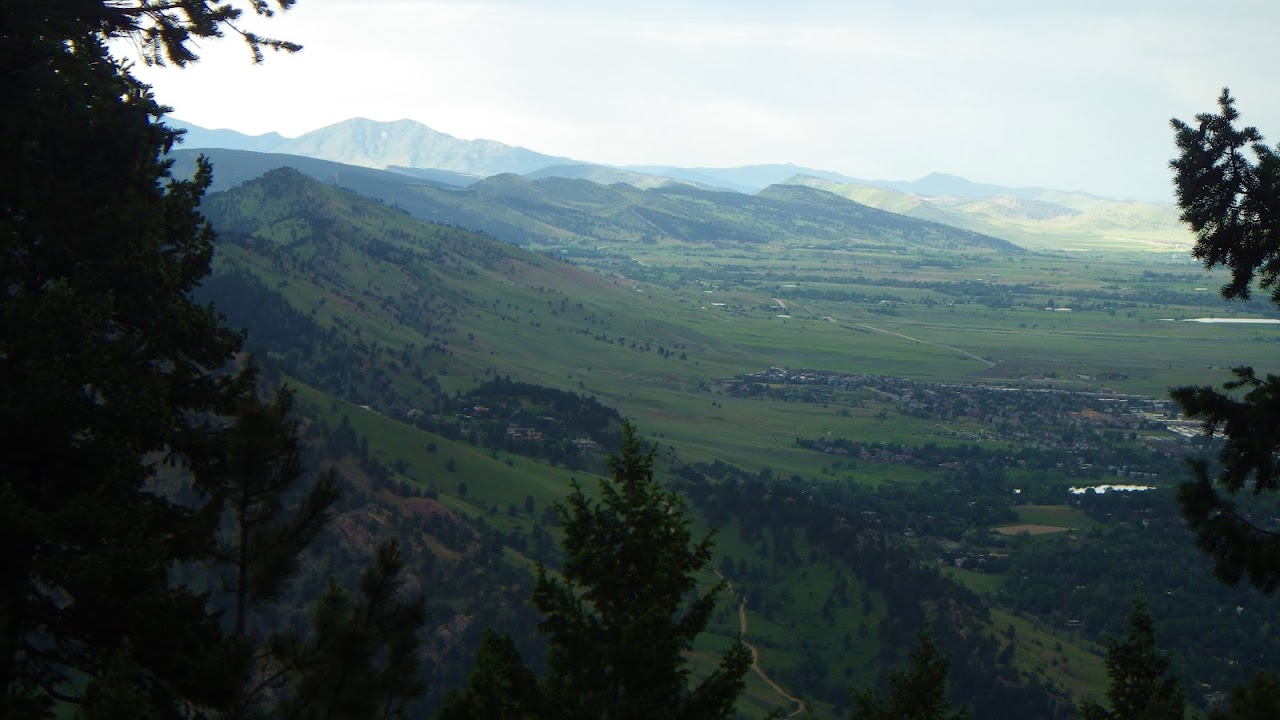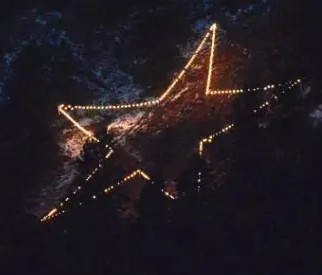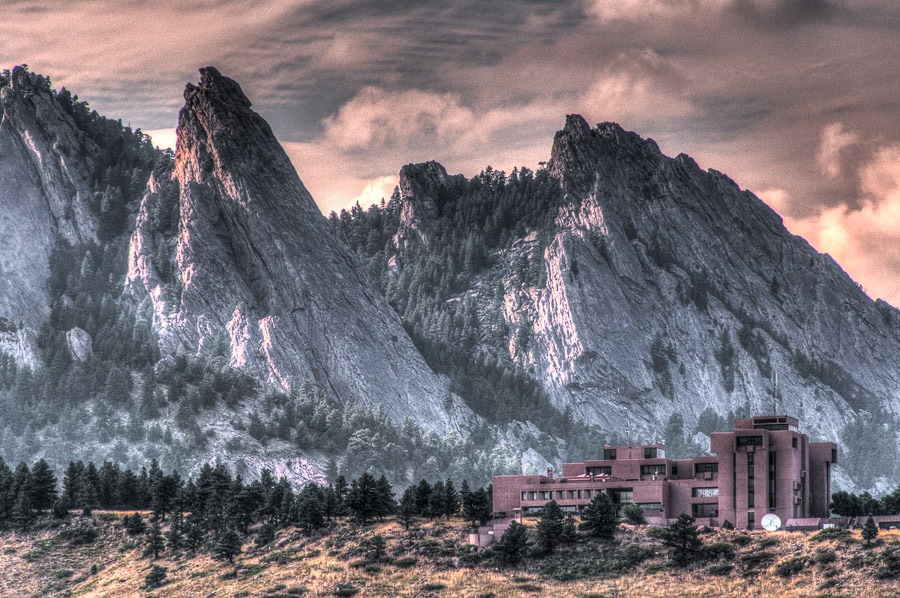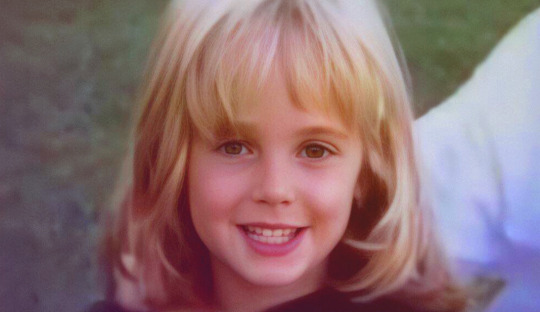- Crime Scene Drawings
- Evidence
- DNA UM1 Profile
- CoraFiles
- Horita's DNA/Bode Notes
- Drive-Stun Wounds
- FGG Policy
- Morrissey w/Silverman
- Dougherty w/Silverman
- Victim Rights Act
- Victim Shoes
- Ransom Note
- Autopsy Report
- Thomas Deposition
- JBRCE Timeline
- 911 Call
- Acronyms
- Body
- Body - Internal
- Body - Head
- Body - Neck
- Book List
- Burke Did It?
- Clothing
- Cords
- Cover Up?
- DNA/Blood
- Duct Tape
- Evidence Interpretation
- Fibers
- Foreign Faction
- Friends
- Intruder
- Intruder - Sex Offender
- Intruder - Sexual Predator
- Intruder - Aquaintance
- John Mark Karr
- Neighbors
- Patsy & John Killers?
- Patsy
- Pineapple
- Prior Abuse?
- Ransom Note
- RN Comparisons
- RN Interpretations
- RN Movie Comparisons
- RN Who Wrote It?
- Staging
- Stun Gun
- Worked for Ramseys
- Who is Who in the Case?
- pdf Library
Alleged Coverup
There are a variety of theories that entail/require some sort of cover-up. In some versions, the cover-up is limited to one or both parents whereas in more elaborate versions, such as BDI theories, the cover-up extends to the Grand Jury and law enforcement, all of whom allegedly are covering up to protect Burke. There also are theories involving a cover-up by the FBI that began even before JBR's body was found. Thus, we divide the discussion into separate discussions of a parental cover-up, a local law enforcement cover-up and a federal law enforcement cover-up. Needless to say, a theory might postulate more than one form of cover-up. An FBI statement analysis written two months before JBR's death may be useful in trying to interpret statements subsequently made by the Ramseys or others involved in the case.
Parental Cover-up
Those who believe any of the Ramsey Did It theories tend to point to a common body of evidence. Many RDI theorists also believe that Burke's voice is at the end of the 911 tape, implying that the Ramsey's were lying from the outset. They "lawyered up" within hours; they tried to leave town immediately; They wouldn't talk to police; They went on CNN when they wouldn't cooperate with police; They hired a PR firm; They made a photo op during the funeral: They let their remaining vulnerable child Burke leave the house without police protection; They did not behave as aggrieved parents "should.
Cords Were Staging.
"Although plaintiff Chris Wolf agrees the garrote is the instrument used to murder JonBenet, he argues that the cord with which the wrists were tied would not have bound a live child and is evidence of a staging. (PSDMF P 51.)" (Carnes 2003:18).
Obstruction of Justice?
"Patsy Ramsey should have been brought to trial for getting in the way of justice for her daughter, charges Dr. Henry Lee. 'It seemed to me that there was enough evidence to establish the level of proof needed to indict Patsy Ramsey of, at least, obstruction of justice. But Colorado law says that option was not possible as long as there was potential for a homicide charge. Even with all the evidence, I could see we were lacking luck. Many of the authorities believed they lacked Patsy's complete cooperation, who lawyered up. I gave the case less than 50% chance of being solved. 13 months later when the grand jury's deliberations were complete but before the panel had the chance to vote on indicting one or both Ramseys, I told the DA not to file charges" (The Globe, December 25, 2006).
Parents are Innocent
Those who believe the Ramseys are innocent of either the killing or a cover-up argue that: The evidence of Burke's voice on the 911 tape is extremely thin, if you can hear anything at all. They "lawyered up" based on the advice of close friends. Given that the police had taken over their house in Boulder, they wanted to be in Atlanta with other close family and friends. The Ramseys did cooperate extensively with the police. Their decision to go on CNN was consistent with their desire to get the public's help in finding the killer and was reasonable in the context of their cooperation with authorities. They were beseiged by media requests and using a PR firm was simply a practical way of dealing with this situation. Photo ops are in the eye of the beholder. . Burke went to the house of a very close and trusted friend. He subsequently had protection at school when he returned. No one is in a position to say how aggrieved parents "should" behave.
Local Law Enforcement Cover-up
Ramsey-Law Enforcement Connections. There was a web of connections between the Ramseys and other powerful and well-connected figures such as DA Alex Hunter that could have facilitated a failure to issue an indictment by the Boulder County Grand Jury. Lou Smit, an experienced detective who had investigated more than 200 homicides, "told Michael Tracey, for instance, that had he been the first detective on the scene, he would have brought a dog in, which would have found the body in 30 seconds; he would have separated the Ramseys, asked them to come down to the station to give hair samples and blood samples; he would have taken their clothes and conducted initial interviews. Had they refused, he told Tracey, he would have arrested them. This from the man who believes most strongly in their innocence: an arrest would at least have given them the chance to clear their names."
BPD Inexperience. What some view as evidence of a cover-up, others chalk up to the inexperience at BPD in dealing with homicides. As summarized in the Carnes decision, "At the time of JonBenet's murder, the Boulder Police Department had limited experience in conducting a murder investigation. (SMF P 70; PSMF P 70.) Commander Jon Eller was primarily responsible for the investigation, which was his first murder investigation. (SMF P 67; PSMF P 67.) One lead detective assigned to the case, Steven Thomas, had no prior experience with a murder investigation and had previously served as an undercover narcotics officer. (SMF P 68; PSMF P 68.) Finally, the officer who took charge of the investigation in October 1997, Mark Beckner, also had limited homicide experience. (SMF P 69; PSMF P69.)" (Carnes 2003:31).
BPD Mistakes. This inexperience culminated in many mistakes: "Many mistakes were made during the course of the investigation. For example, a series of events compromised the crime scene. Moreover, the police did not request to interview defendants separately on the day that JonBenet's body was found. (SMF P 57; PSMF P 57.) They did, however, question defendants jointly at various times on December 26, 27 and 28, and, soon thereafter, began to focus the investigation on defendants as the main subjects. (SMF PP 54, 71-72; PSMF PP 54, 71-72.) Pursuant to the FBI's suggestion that the Boulder Police publicly name defendants as subjects and apply intense media pressure to them so that they would confess to the crime, the police released many statements that implied defendants were guilty and were not cooperating with police. (SMF PP 74-75; PSMF PP 74-75.) In addition to official police releases, many individual officers also released information about the investigation without official authorization, some of which disclosures were highly confidential and potentially undermined the investigation." (Carnes 2003:31-32).
Media Frenzy. "Beginning on the morning of December 26, 1996, there has been and continues to be considerable public interest and media attention devoted to JonBenet's murder and the subsequent investigation into the crime. The Boulder Police Department utilized the press, in an attempt to "smoke out" JonBenet's killer. In addition to this intentional use of the press, a number of leaks of confidential information, at various stages of the murder investigation, served to hamper the ability of the Boulder Police Department to conduct an effective investigation into crime. Finally, many people have attempted to capitalize on and profit from the widespread interest in JonBenet's murder." (Carnes 2003:34-35).
Federal Law Enforcement Cover-up
FBI Did Not Act. An internet poster has told a story with explosive implications. Donald Freed has an interesting theory about Lockheed Martin and the Ramsey case. He is a visiting professor at Loyola Marymount University (L.A.) and teaches at U.S.C. This is part of what he has said about the matter: 1. "So the two units, in the Boulder Area, are trained to react to an act of terrorism, like kidnapping, are Lockheed Martin Security on one hand and the FBI on the other. Now, NOBODY FROM EITHER TWO OF THESE UNITS CAME NEAR THAT CRIME SCENE and the question is as in the case of Sherlock Holmes' dog that didn't bark. What you're looking at here is SOMETHING THAT IS SO IRREGULAR; SO IMPOSSIBLE, because remember, the SOG, the seat of government operates in this regard." 2. "The FBI's entire profile is based on quick, rapid, decisive action. They take over public relations." 3. "They'd have the Boulder police direct traffic at the periphery. No one gets in or out of that house. No one touches the crime scene. Every home in that area of Boulder is secured. In the case of Adobe Graphics three years before, there was an executive kidnapped and hundred's of FBI agents poured into the landscape. When in Michigan where another industrial kidnapping tool place---where a wife was suspected actually-- hundreds of FBI agents poured in." 4. "What I'm telling you now is a composite of my interviews with FBI executives in this country and elsewhere---former agents and Lockheed Martin agents. When a note announces "terrorism" it is the magic word in the United States for both law enforcement and budgetary considerations. They had to know, not only were there no foreign terrorists, but they had to know BEYOND A SHADOW OF A DOUBT that what happened neither affected the security of the United States of America or the security and profits of Lockheed Martin." 5. "That this, though located inside a home, may have repercussions outside in terms of circles of people who would not want investigations going on about child pornography, child abuse, or child sexuality. I've summed up for you what a year of research has led me to."
Lockheed Martin Did Not React.
The same internet poster asserted: 1. "I must tell you finally that Norm Early who had been the district attorney of Denver and was the vice-president of Lockheed Martin Security at the time of the murder of JonBenet. I interviewed him at the time. He's a fascinating man---- extremely intelligent. And he said to me finally,"You know I had a six year-old son and we have a security protocol and that letter threatened other executives. Where was the security? Where were the bodyguards? Where was the protocol? Where was the alert; the drill; the routine; the regimen that we so carefully shared and worked on at Lockheed Martin? Not a word. Not a sound. Not a telephone call." 2. "So, he began to call executives and lawyers and others and said,"Why wasn't my family alerted? What happened?" And they said to him, "Well, there was no threat" And he said,"How do you know that?" They said,"Well, I don't know. We just knew". And he said, "Well, think about it and I want an answer!" 3. The next day he talked to some of these people and reported to me that they said, "You know we stayed awake all night wrestling with the question----agonizing with it. And you know you're right. How did we know that the (ransom note) was a hoax immediately? We might have known it in a day or two, or a week or two. But how do we know until this day? 4. To this day there has been no arrest. To this day we know that there was a murder and that there was a note left stating that foreign agents were involved."
State and Local LE Not Subordinate to FBI.
The FBI's own website asserts: "If a crime is committed that is a violation of local, state, and federal laws, does the FBI "take over" the investigation? No. State and local law enforcement agencies are not subordinate to the FBI, and the FBI does not supervise or usurp their investigations. However, through cooperation, the investigative resources of the FBI and state and local agencies often are pooled in a common effort to investigate and solve the cases. In fact, many task forces composed of FBI Special Agents and state and local officers have been formed to locate fugitives and to address serious, recurring crime such as terrorism and street violence." "The FBI's Critical Incident Response Group (CIRG) provides rapid assistance to incidents in a crisis. Through CIRG, expert assistance is available in cases involving the abduction or mysterious disappearance of children, crisis management, hostage negotiation, criminal investigative analysis, and special weapons and tactics. CIRG also assists in the assessment, selection, and training of FBI undercover employees."
How Was This Not Leaked? Probably the most serious flaw in a cover-up involving the FBI concerns the number of people who would need to be involved. Some of the most secretive agencies in the U.S. government, including CIA, NSA and others, have been powerless to prevent leaks of even highly classified information from eventually being publicized. Such a theory arguably raises more questions than it answers: Would a Mid-level FBI Bureaucrat Make This Decision Alone? Is it imaginable that a decision of this magnitude would be authorized without the knowledge of the FBI Director? At the time the decision was made, the individual making the decision presumably would have had to know that JBR was dead or eventually would be found dead. How could that individual have any confidence that in the media firestorm that followed serious questions would not be raised by FBI's failure to follow standard operating procedures? Would Louis Freeh Make This Decision Alone? The same logic would then apply to Louis Freeh, then-director of the FBI: would he take the risk of looking the other way while an actual terrorist incident played out in Boulder without apprising the president of his decision and reasoning? Would President Clinton Authorize This Decision? Why would a President not particularly beholden to U.S. military interests have any interest in protecting John Ramsey?


